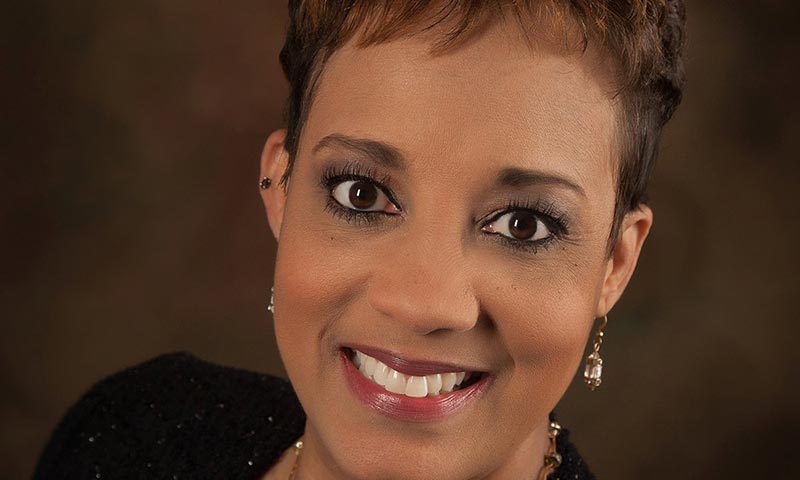Dawne Gee
News Anchor, WAVE-3; Alumna (Biology ’86; Communication ’93)

“Technical skills can be learned once you are hired, but civic and social engagement along with analytical problem-solving skills are fostered immediately by the setting and variety of subjects offered in a liberal arts education.”
During Greco-Roman times, a liberal arts education was considered essential. The aim at that time was to produce a person who was virtuous and ethical, knowledgeable in many fields and highly articulate. The medieval curriculum was developed to create well-rounded individuals with general knowledge of a wide range of subjects and with mastery of a range of skills. Education during this time period was important in creating global citizens with the capacity to pursue life-long learning and become valuable members of their communities. The goals of today’s liberal arts education are not too far off the mission of medieval universities during the era of classical antiquity. The curriculum of today has a larger range of subjects, but the objective of creating a well-rounded, active, happy citizen is still the same.
A liberal arts education is just as important, if not more so in today’s ever changing world. It is an approach to learning that empowers individuals and prepares them to deal with complexity, diversity, and change. The variety and vitality of the liberal arts empowers students to excel in life by encouraging them to develop a sense of social responsibility, as well as strong and transferable intellectual and practical skills in as many areas as they are interested. Many students must wait to gather this lesson on the job because it is not part of their college journey, however a student in liberal arts has the opportunity to gather this information well before stepping into a job or a life-time career.
Technical skills can be learned once you are hired, but civic and social engagement along with analytical problem-solving skills are fostered immediately by the setting and variety of subjects offered in a liberal arts education.
As a liberal arts graduate and a news anchor, having the ability to apply this knowledge and these skills in real-world setting has pushed me to the top of the class in the workforce and in my life’s dreams. My education has given me access to many opportunities, and not just economic opportunity. I was given the blessing of being able to explore multiple areas of interest with of host of other scholars whose passions differed from mine. This in itself was a life-lesson.
My liberal arts education gave me the opportunity to explore a variety of academic disciplines. This well-rounded education gave me a host of tools to use in solving problems and reaching my dreams. It was certainly a left and right side of the brain experience. Boredom or lack of interest was never a problem. The saying goes “variety is the spice of life.” We should add it is also the basis of a well-rounded, successful liberal arts education.
